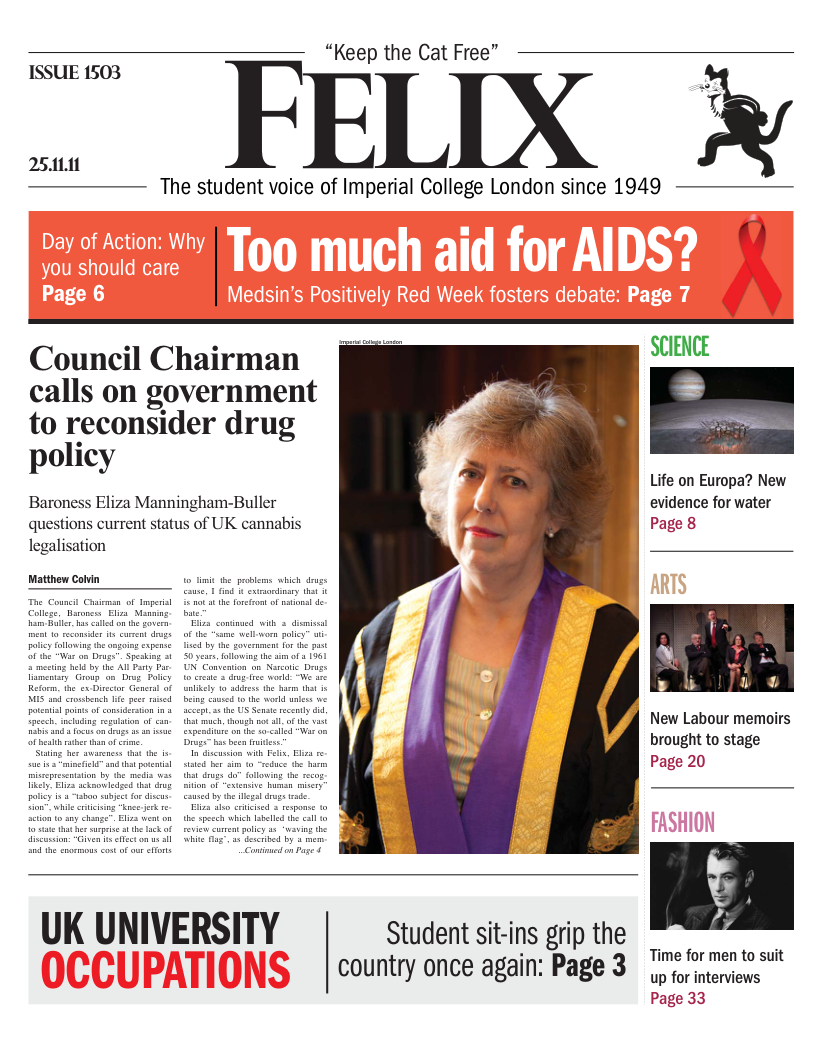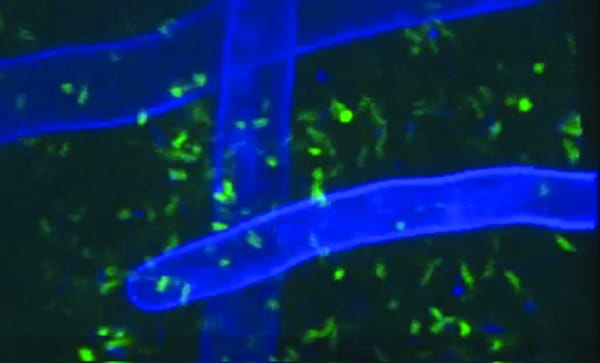Are minds extended?
Could minds interact with each other? Paul Garwood investigates...
Have you ever wondered how your dog knows when your partner is on their way home even if they are miles away? Or how you so often know who is calling before you pick up the phone?
Most of the three hundred people (standing room only!) gathered in South Kensington on October 18 to hear a lecture organised by the Friends of Imperial College had experienced one or both of these phenomena. Is it real? Or is it just that we don’t notice, or forget, the many times these things don’t happen?
In his lecture on October 18, scientist and author Dr Rupert Sheldrake tabled evidence to suggest that these, and other strange coincidences, happen much more often than chance alone would suggest. Current scientific knowledge does not offer an explanation. Dr Sheldrake offers the hypothesis that the mind creates a ‘field’ which can be sensed by other minds and can stretch over long distances. However, his lecture focused more on the evidence he had assembled rather than on possible explanations.
Dr Sheldrake is an able speaker and clearly knows his subject extremely well. He kept the audience engaged throughout his hour-long lecture and presented his evidence in a compelling way. He handled, sometimes doubtful, questions clearly and professionally.
In thanking Dr Sheldrake, Prof Igor Aleksander commented he was a brave man for taking on the scientific establishment. Dr Sheldrake’s findings and theories meet with much scepticism from many people – both in his field and in the broader scientific community. For some, his work is pseudo-science at best and brings ‘real’ science into disrepute.
However, the feeling of this member of the audience at least was that the Friends of Imperial College had performed a service by giving Dr Sheldrake the opportunity to expound his ideas and perhaps stimulate the kind of fact-based response which either allows science to advance, or closes off blind alleys on occasion. It will be interesting to see which in this case!
The Friends of Imperial College is dedicated to spreading enthusiasm and knowledge of science, technology and medicine. It is independent of, but linked to, one of the premier scientific establishments on the globe and organises lectures and events to spread knowledge and stimulate attention to scientific developments. It can be contacted via www.friendsofimperial.org.uk.







